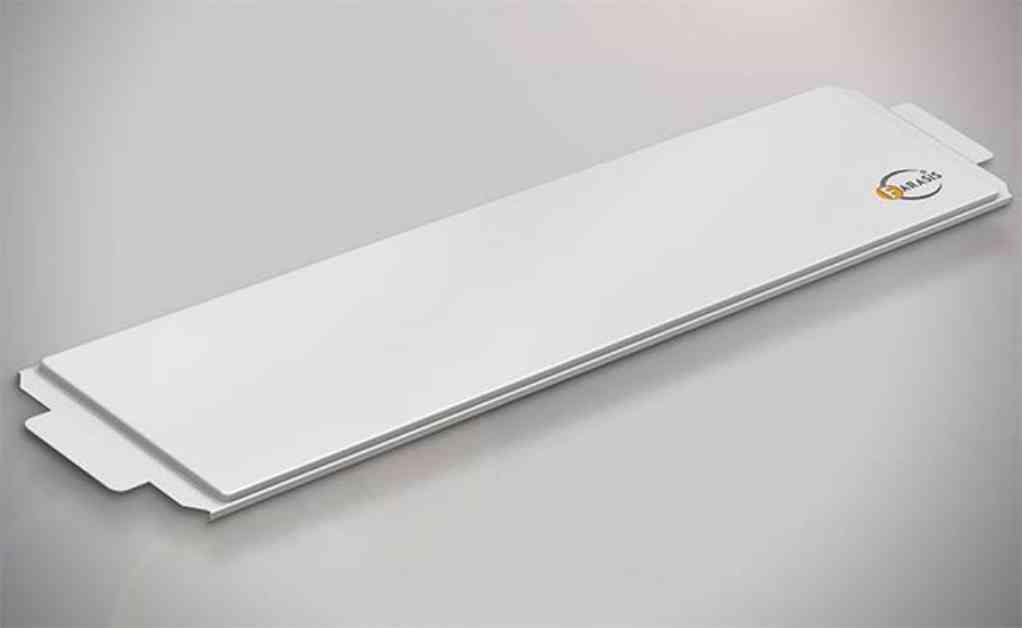Farasis Energy has recently made a groundbreaking announcement regarding the successful testing of their innovative battery cells, bringing us one step closer to the realization of a million-mile battery. This achievement is a significant milestone in the electric vehicle industry, with only a select few companies worldwide having accomplished this feat.
In order to achieve a million-mile battery, the cell must undergo over 5000 cycles, a process that typically takes 24 to 36 months of accelerated testing. Farasis Energy has devoted extensive time and resources to rigorously test their NCM chemistry cells, specifically the P75 and P73 models, to assess their cyclic and calendar aging characteristics. These cells, which have been in development since 2018, have undergone thorough testing and analysis. Engineers at Farasis Energy are confident that battery packs utilizing these cells can last a million miles over 15 years while retaining over 70% of their capacity.
The degradation of cell capacity is influenced by various factors such as temperature, depth of discharge, charge rate, discharge rate, pressure, and storage temperature. While many cells perform well under industry-standard test conditions, real-life conditions are often less than ideal. Farasis Energy’s testing procedures have included challenging usage scenarios such as fast charging and high depth of discharge, as well as exposure to varying temperatures representative of major automotive markets.
The long cycle life of Farasis Energy’s battery cells is made possible through the use of advanced materials and charging strategies. Unique coatings and optimized interfaces contribute to enhanced performance and stability. These cells not only offer exceptional longevity but also boast high energy density, fast charging capabilities, and thermal propagation mitigation.
Farasis Energy’s battery cells are currently being mass-produced for high-end passenger cars, commercial vehicles, and other long-life applications. These cells have an energy density of up to 285 Wh/kg, providing additional range for heavy-duty electric trucks compared to other battery packs.
In addition to their cutting-edge battery technology, Farasis Energy has also developed innovative packaging solutions to ensure safe operation. These safety measures effectively prevent the spread of thermal propagation, significantly enhancing cell-level safety.
The potential impact of long-lasting battery packs in commercial vehicles is substantial, offering significant financial and environmental benefits to operators and the public. With lower operating costs and improved sustainability, electric powertrains present a promising alternative to traditional diesel engines in commercial vehicles.
Furthermore, Farasis Energy’s battery cells have been independently evaluated by key players in the electric vehicle market, demonstrating their longevity and reliability. These cells have been chosen over other options for various applications, including electric vertical takeoff and landing (eVToL) vehicles.
Overall, Farasis Energy’s revolutionary battery technology marks a significant advancement in the electric vehicle industry, with far-reaching implications for the future of transportation and sustainability.










